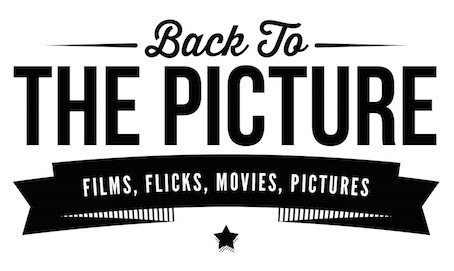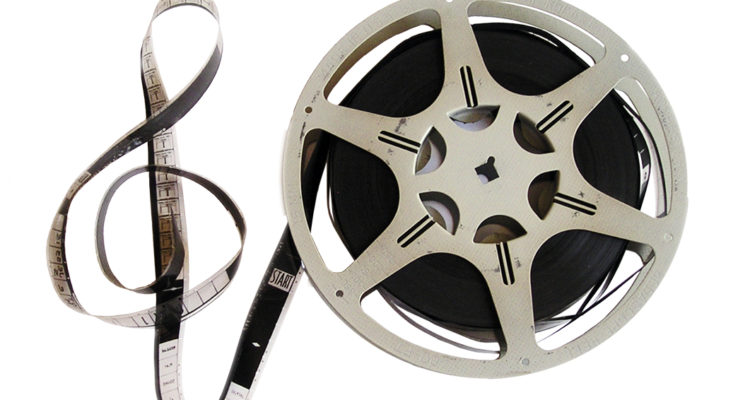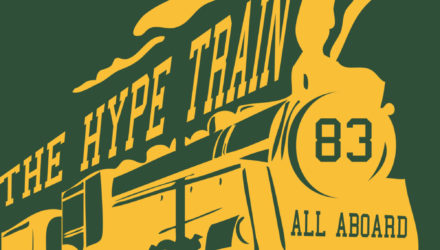When you go to the movies the first elements of a film that you critique are easy: the acting, direction, visual effects, story, script, characters – the list goes on and on. But there’s usually one part of a film that no one pays much attention to unless it gives us some kind of theme song to hum as we walk out of the theater or a top forty hit to play over and over again on the car ride home. I’m talking about music in films, not just usual orchestral or tone heavy scores, but also the more traditional songs that are sprinkled throughout that are put into place for a very important reason: to elicit a certain response to a film that can’t be conveyed by the visuals, script and acting alone. Music tells us how to feel during any given scene, what to think about a certain character or story beat, when to be scared, when to laugh and most importantly, it sets the entire tone for the film, either complementing what the filmmakers have already put on screen or completely throwing off what they’re trying to make in the first place. A wacky, bombastic score would be perfect for a quirky family film, but not necessarily fit in a high-tension, high-stakes drama. A haunting, minimalist score can work for a spooky horror film, but would feel out of place in a superhero film where things go boom and villains twirl their moustaches every five seconds and so on.
Music – or the lack of it – has a very specific purpose when it comes to conveying what the filmmakers want you to experience and can work in varying ways. If you need an example, look no further than the notorious laugh track that sitcoms have used since the dawn of television. While not necessarily music, it works in a similar way. When a joke is told, the track plays, the audience laughs and we move on to the next joke. Now if that seems obvious, then you’d be right, and my point is simple: the laugh track – much like a film’s score or choice of songs – tells us what to feel and how to react during any given scene, joke, conversation or character interaction. It tells us to laugh now because, if you haven’t noticed, we’re doing something funny here and want you in on it. With film scores and the songs that accompany them, the same thing happens, just in a much wider way, encompassing not only what the filmmakers want you to experience at any moment, but painting the entire picture of a film in strokes broad enough to change the way it’s perceived by the audience entirely.
A more recent example of this is last year’s Justice League. I’ll refrain from saying too much about the film as a whole, but just know that due to a bunch of behind the scenes drama, the original composer for the film, XL Junkie, was replaced by legendary composer, Danny Elfman, fairly late in the game as post-production was wrapping up. Now usually something like this doesn’t happen; a composer is chosen for a reason and relatively early on, but for this specific incident, Warner Bros. decided that they wanted to “lighten up” the tone and essentially change the movie after the fact. XL Junkie’s score was deemed to dark, too brooding, and after critical misfires in both Batman vs Superman: Dawn of Justice and Suicide Squad, the studio didn’t want to take another chance in repeating history. So in comes a new composer to essentially alter our perception of a film that might have been better off as is.
While I didn’t particularly dislike the revamped score (I actually enjoyed it for what it was), it was interesting to see that with Elfman’s work the entire film felt different, more comic book-y, more old-school feeling if that makes sense. In the opposite, the original composer – if his previous work is any indication – would have went with something less old-school and more epic and impressive. The difference between these two approaches is like night and day; one composer gave us something more in line with what studios used to have their superhero franchises sound and feel like, and the other would have brought the film into – for lack of a better word – modern times with a score that reflects the tone the filmmakers were originally going for before all of the behind the scenes turmoil threw a wrench into everything. It’s a hard pill to swallow, especially when the average moviegoer might not know or care for tiny details like this, unaware of how much something as simple as a change of music can alter an entire film from one extreme to the other.
Regardless of the styles of music present, when it comes to making a film great there are so many moving parts that need to sync up in order for the filmmakers’ vision to come to life untainted and whole, the music used in the final cut being no exception. A film’s soundtrack can change the entire movie with a few notes or lyrics, shifting the tone of the film into something better or something worse but undeniably leaving a large impact on how the final product turns out once it hits theaters. There’s a fine line that must be walked when it comes to figuring out the type of music that’ll work best for any given film, but at the end of the day, it can’t be denied that music is a huge factor in shaping our experiences in the theater and how we judge a film as a whole. So if you walk out of an early matinee or midnight showing rejuvenated with a smile on your face, one of the most unsung heroes of the film industry probably did their job just fine.





